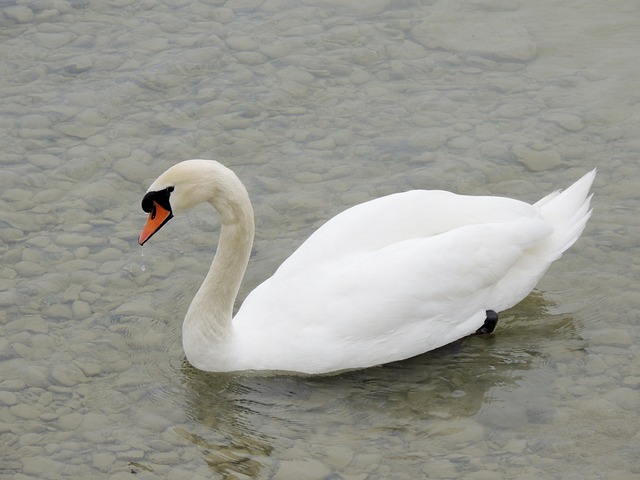divine fortune ✌ Divine Fortune: The Intersection of Belief, Luck, and Human Endeavor

Divine Fortune: The Intersection of Belief, Luck, and Human Endeavordivine fortune
In the intricate tapestry of human existence, the concept of "divine fortune" weaves a captivating narrative, resonating deeply within cultures across the globe. This notion, intertwined with the belief in a higher power's influence over human affairs, invites individuals to ponder the enigmatic relationship between fate, luck, and personal agency. Throughout history, societies have sought to understand and harness divine fortune, establishing rituals, practices, and philosophies that reflect their understanding of luck's capricious nature and the divine's omnipotence.
At the heart of this discourse lies the age-old question: to what extent does divine intervention shape our destinies? Many cultures have developed rich mythologies and belief systems suggesting that fate is not solely a matter of chance but rather a complex interplay between human actions and divine will. This belief manifests in various forms—be it through prayer, rituals, or offerings in hopes of attracting prosperity and good fortune. From ancient civilizations that worshipped deities of fortune to modern-day practices of superstition and luck, humanity's quest for divine favor remains an enduring theme.divine fortune

The implications of divine fortune extend beyond mere superstition; they delve into the psychological and sociocultural dimensions of human life. The belief in a higher power's role in bestowing fortune can instill a sense of hope and resilience in individuals facing adversity. When one perceives their successes as blessings from the divine, it fosters a profound sense of gratitude and humility. Conversely, when misfortunes strike, individuals may grapple with feelings of abandonment or punishment, igniting an existential struggle to reconcile personal failures with the perceived intentions of the divine.
Moreover, the intersection of divine fortune and economic systems prompts intriguing inquiries into the nature of wealth and success. Societies often grapple with the moral implications of prosperity, questioning whether it is an outcome of hard work, divine blessing, or mere luck. This discourse becomes particularly salient in the context of economic disparity, where the distribution of wealth may seem capricious and unjust. The belief that fortune is divinely ordained can lead to fatalism, where individuals resign themselves to their circumstances rather than actively seeking change. Yet, it can also inspire social movements aimed at addressing systemic inequalities, as individuals rally around the conviction that everyone deserves a fair share of divine favor.
In contemporary society, where secularism often reigns, the concept of divine fortune still permeates various aspects of life. From the rise of mindfulness practices to the popularity of positive affirmations, individuals seek to cultivate a mindset aligned with attracting good fortune. The principles of law of attraction and positive thinking echo ancient beliefs in the power of intention and the universe's responsiveness to human desires. This modern reinterpretation of divine fortune challenges traditional religious frameworks, suggesting a more universal understanding of luck and success that transcends specific dogmas.divine fortune

Furthermore, the role of technology in shaping perceptions of fortune cannot be overlooked. The digital age has birthed a plethora of platforms where individuals share their tales of serendipity and triumph, often attributing their successes to divine forces or cosmic alignment. Social media has transformed personal narratives into collective myths, where the stories of ordinary individuals achieving extraordinary feats serve as modern-day parables of divine fortune at play. This phenomenon fosters a sense of community and shared experience, reinforcing the belief that the divine is intricately woven into the fabric of everyday life.divine fortune
As we navigate the complexities of existence, it becomes increasingly evident that divine fortune is not merely an abstract concept but a vital component of the human experience. It serves as a lens through which individuals interpret their journeys, shaping their understanding of success, failure, and the overarching narrative of life. Whether through faith, superstition, or the pursuit of personal agency, humanity's relationship with divine fortune remains a profound exploration of our intrinsic desire for meaning in an often unpredictable world.divine fortune
In conclusion, the discourse surrounding divine fortune invites us to reflect on the myriad ways in which belief, luck, and human endeavor intersect. It challenges us to consider the significance of our choices and the role of the divine in shaping our paths. As we continue to grapple with the uncertainties of life, the quest for divine fortune serves as a reminder of the delicate balance between surrendering to fate and actively forging our destinies. Ultimately, in this intricate dance of existence, we are left to ponder the question: how much of our fortune is divinely ordained, and how much is a reflection of our own determination and resilience?divine fortune
Fale conosco. Envie dúvidas, críticas ou sugestões para a nossa equipe através dos contatos abaixo:
Telefone: 0086-10-8805-0795
Email: portuguese@9099.com


